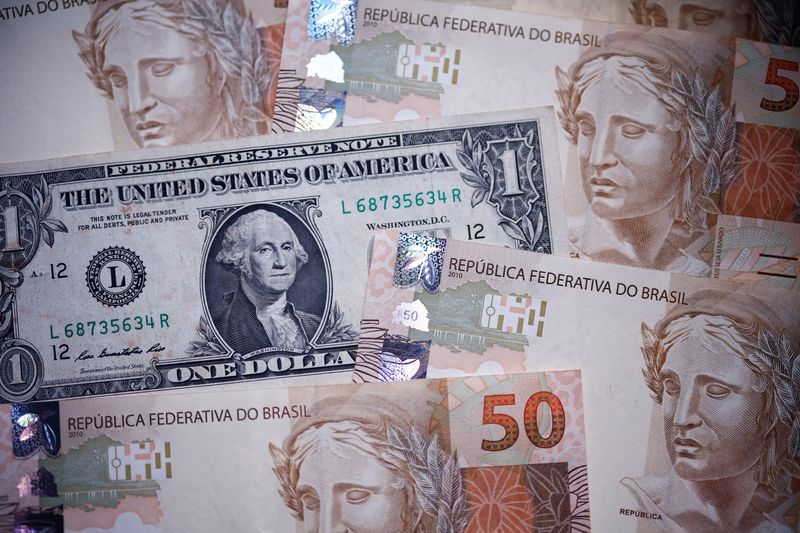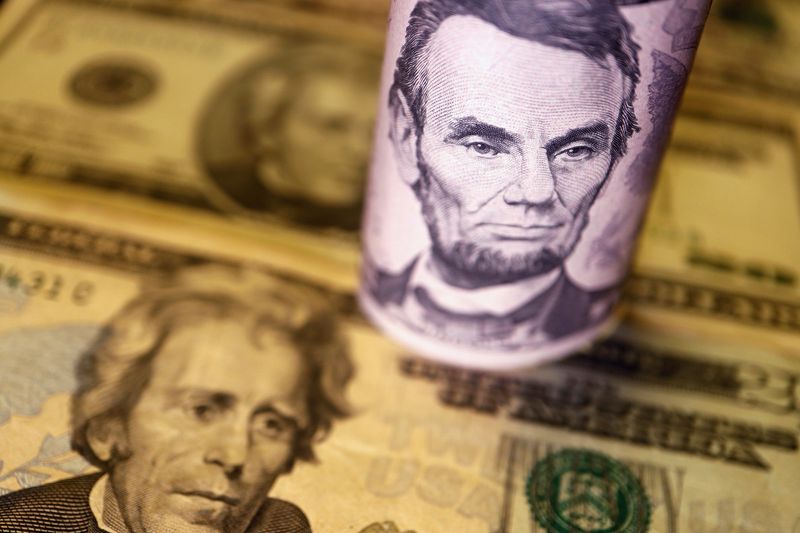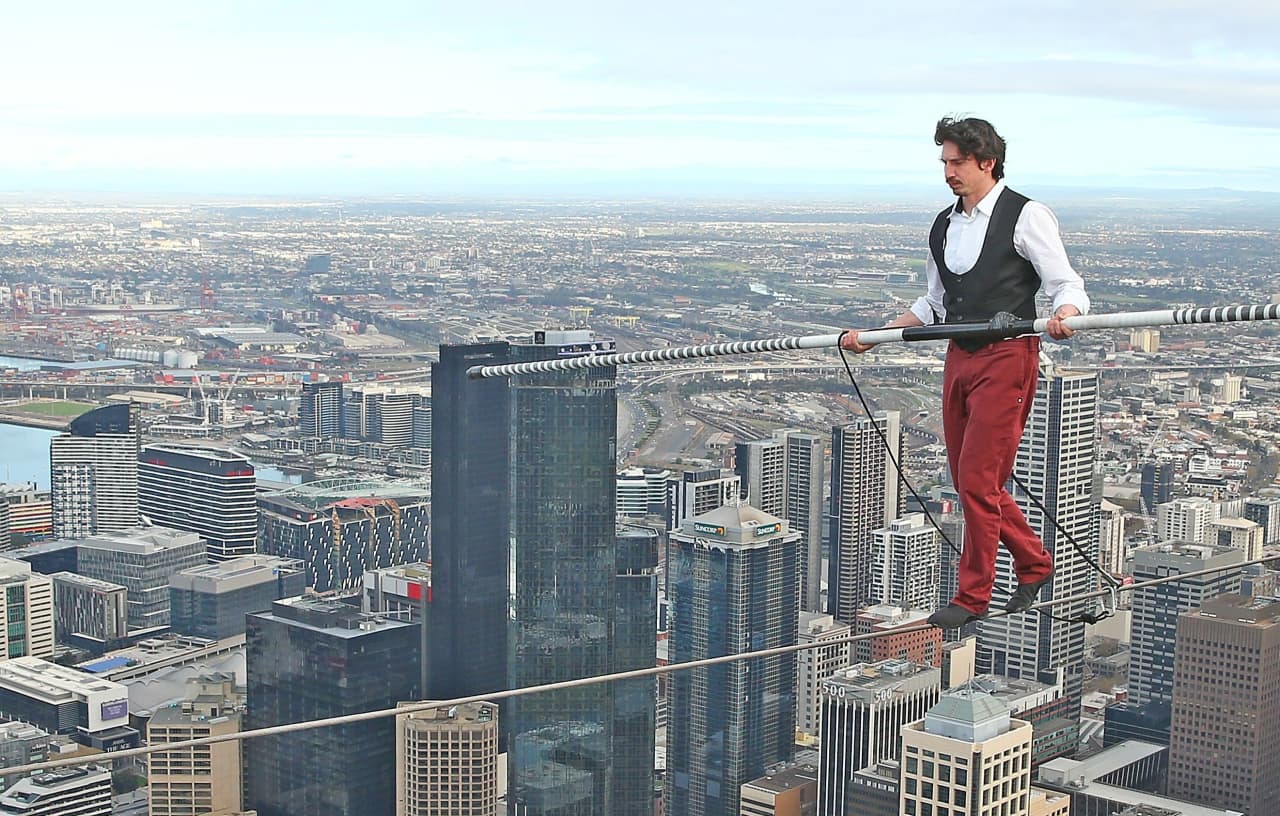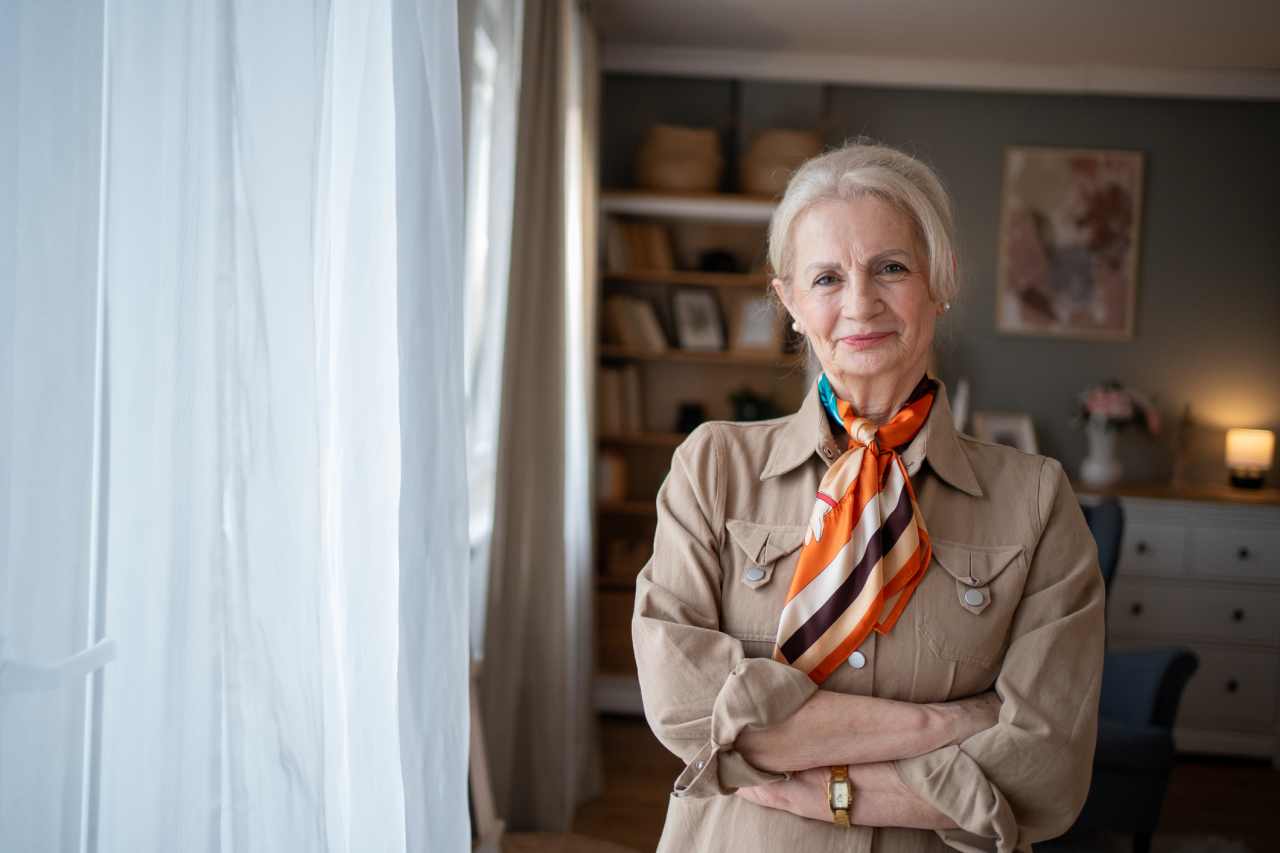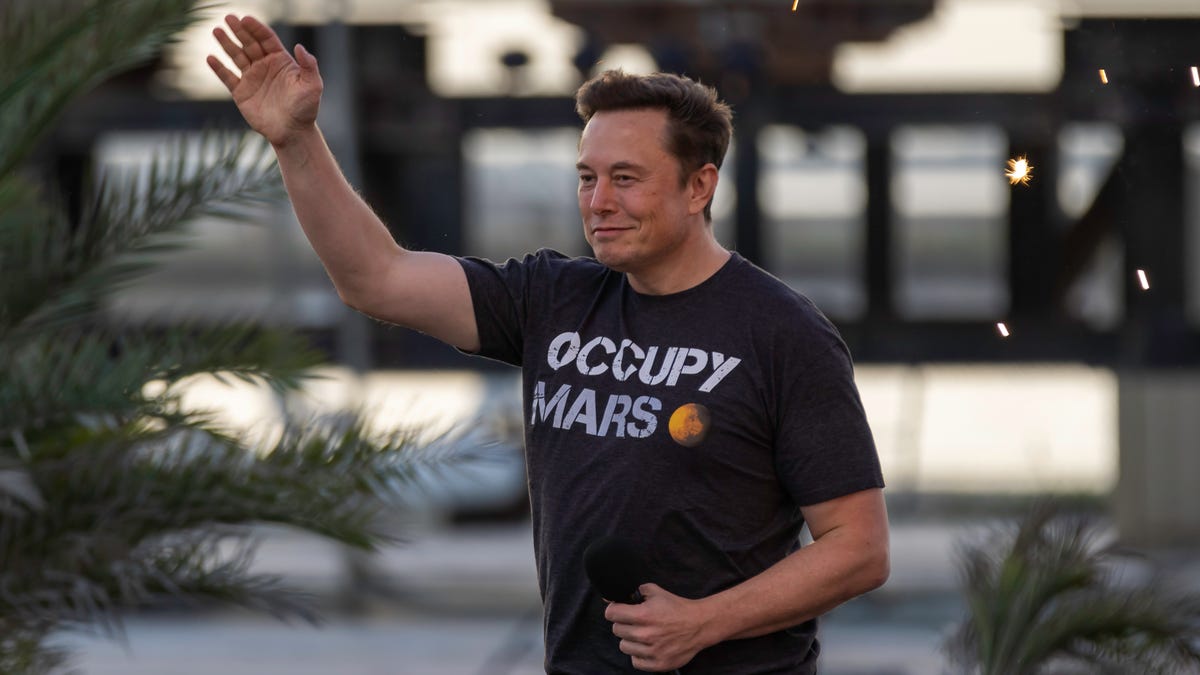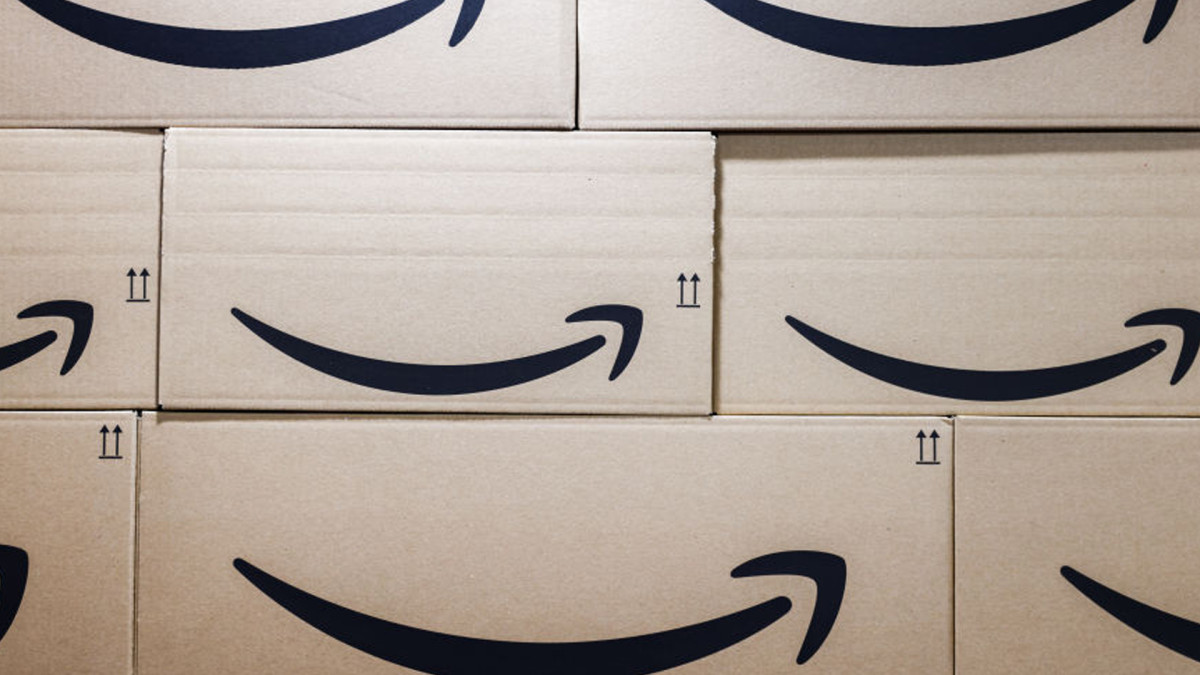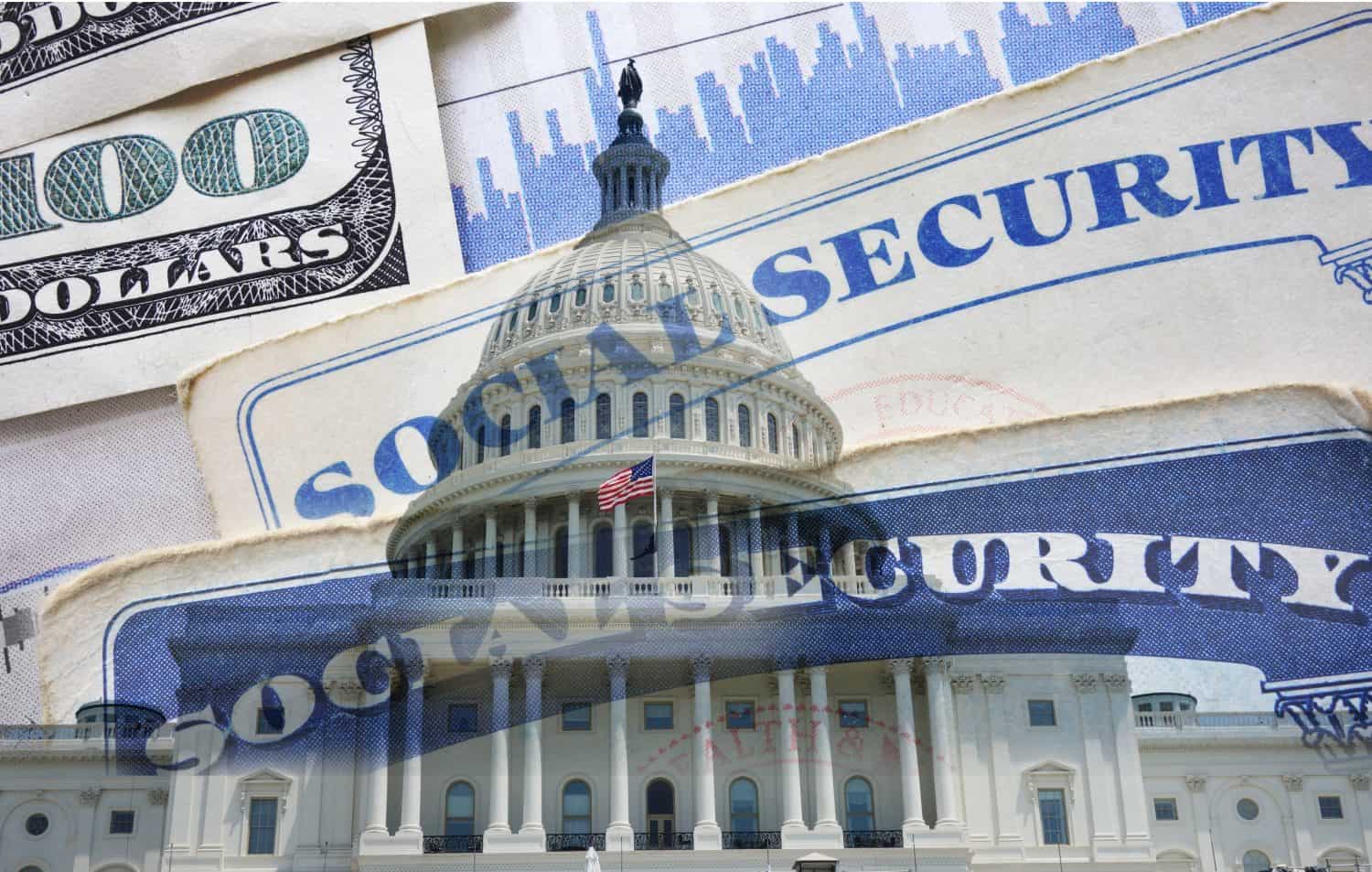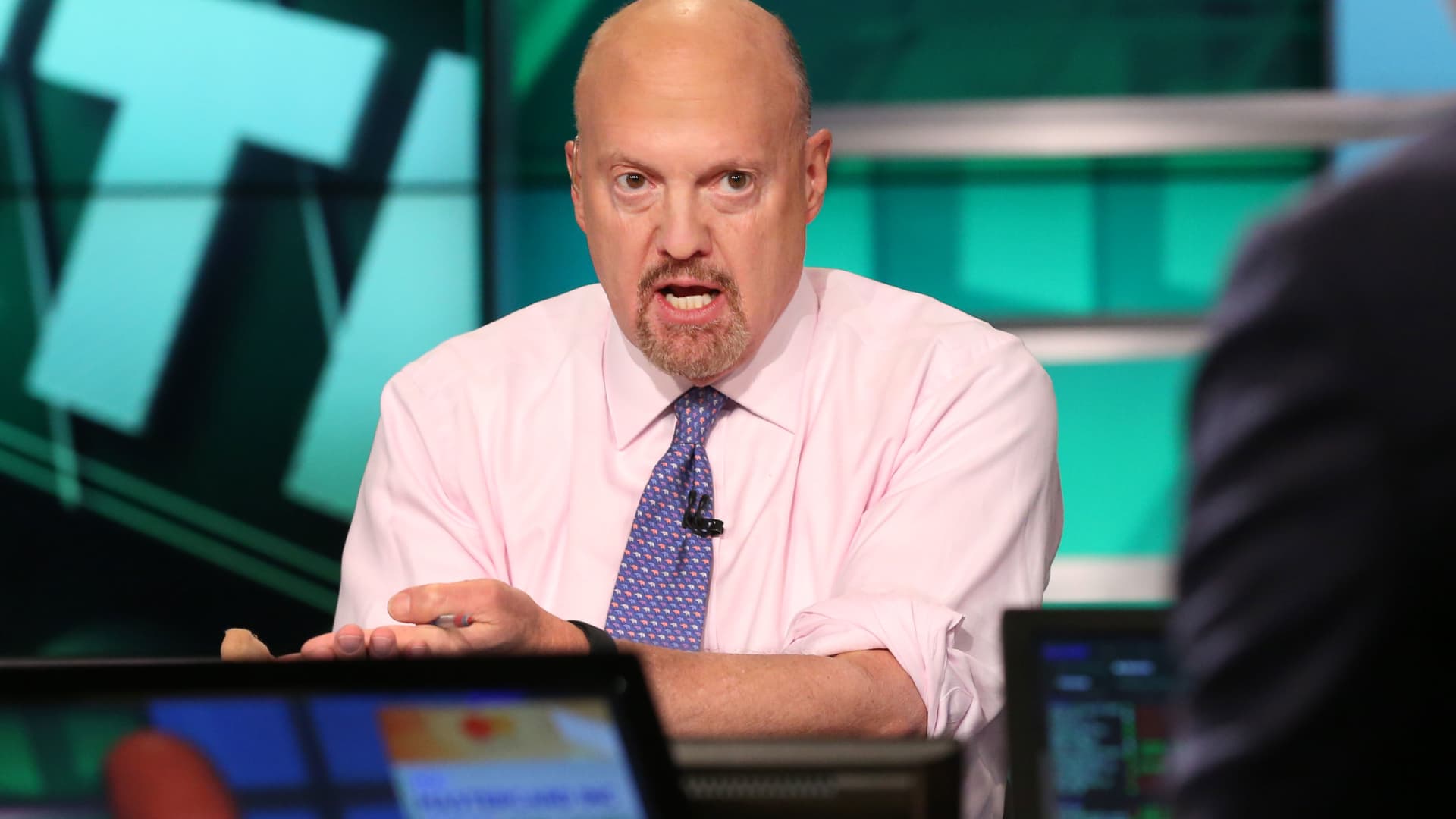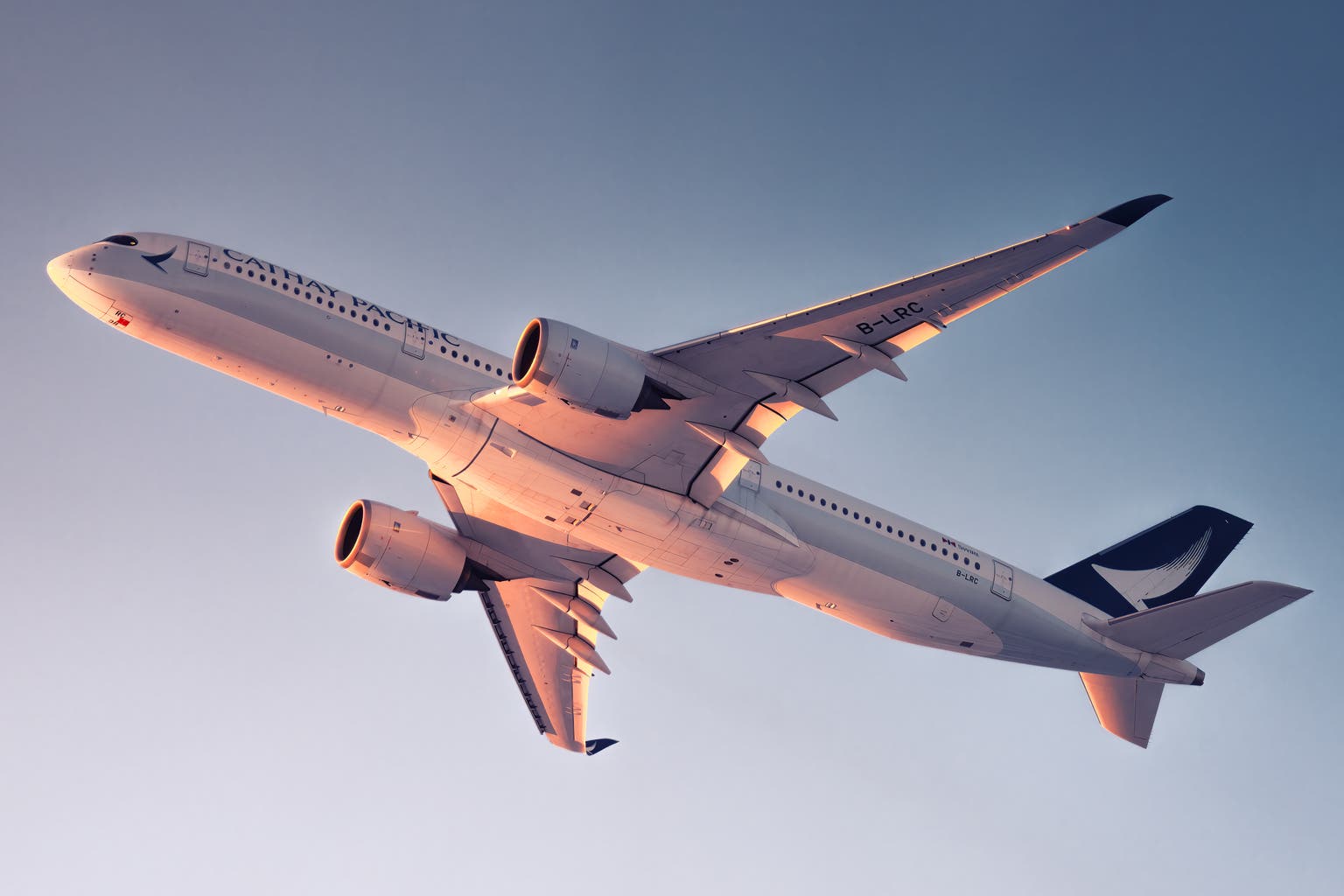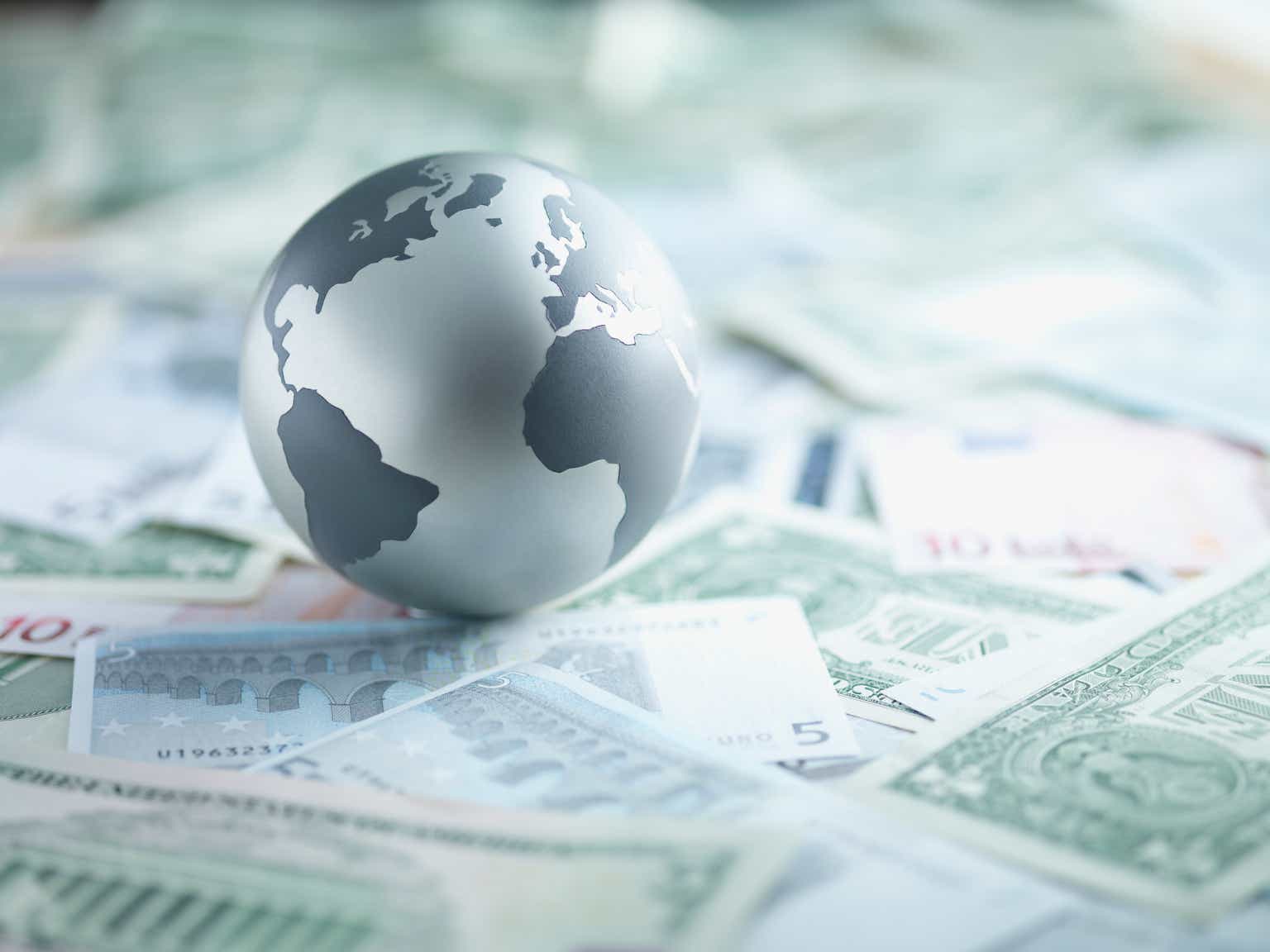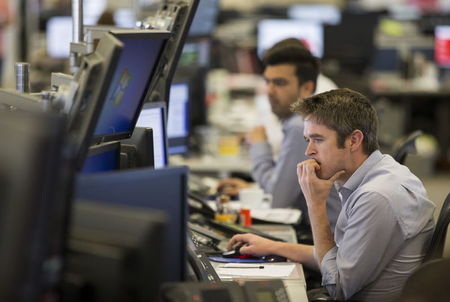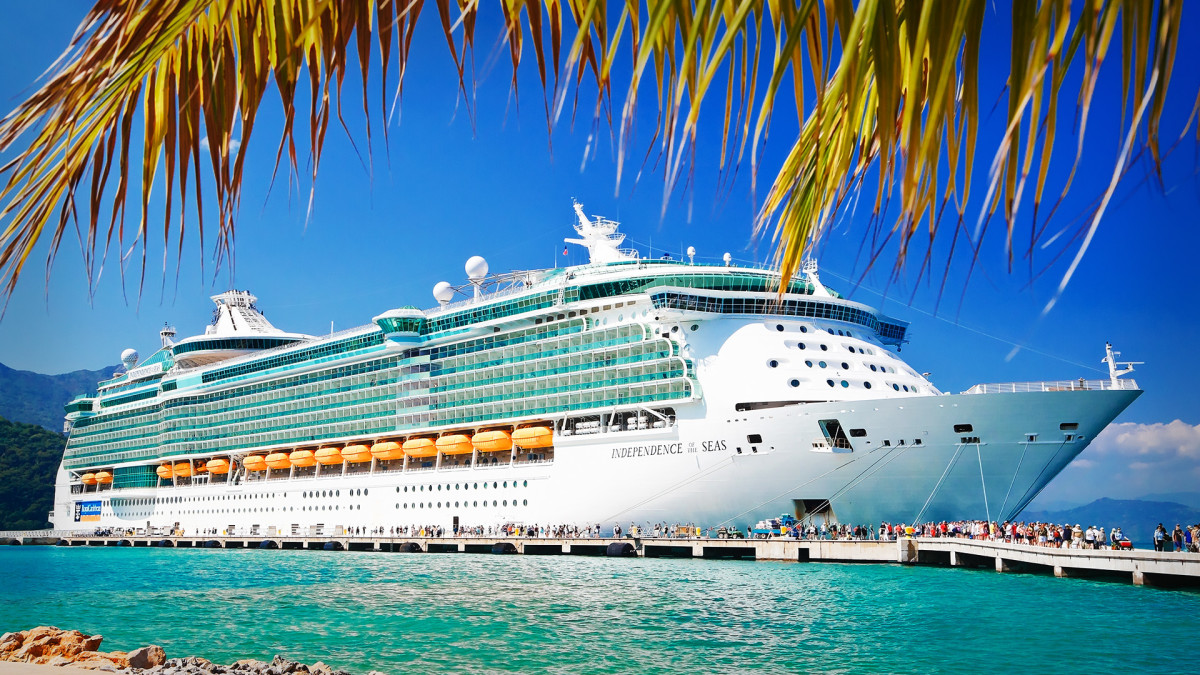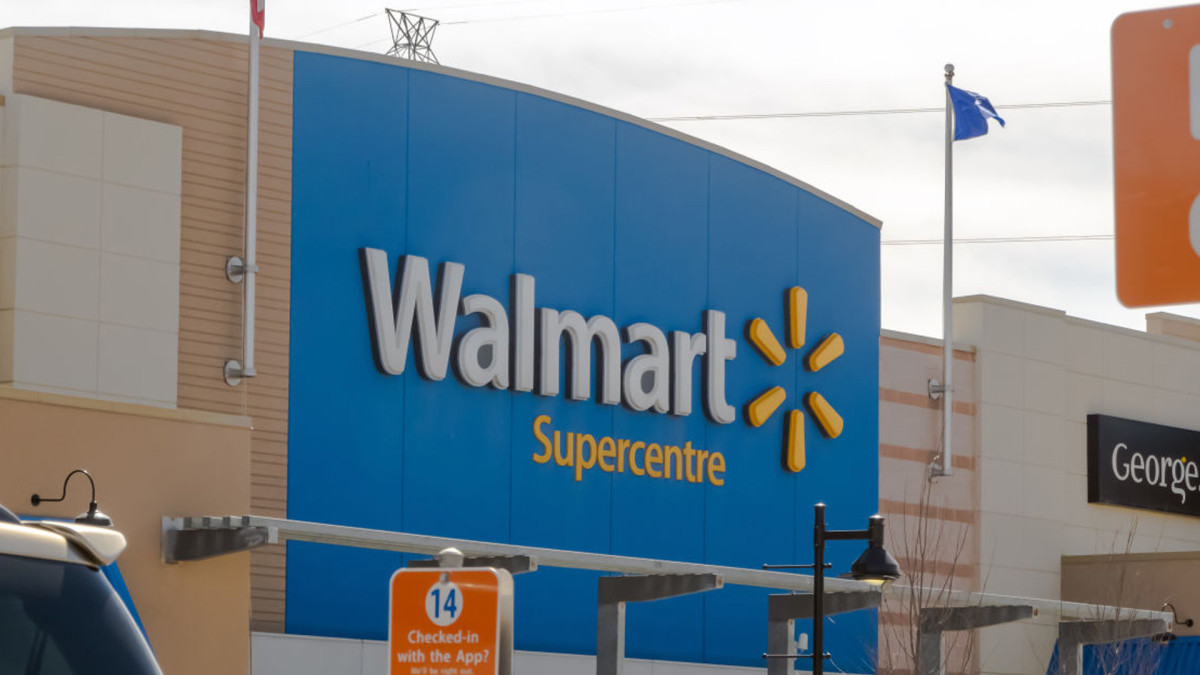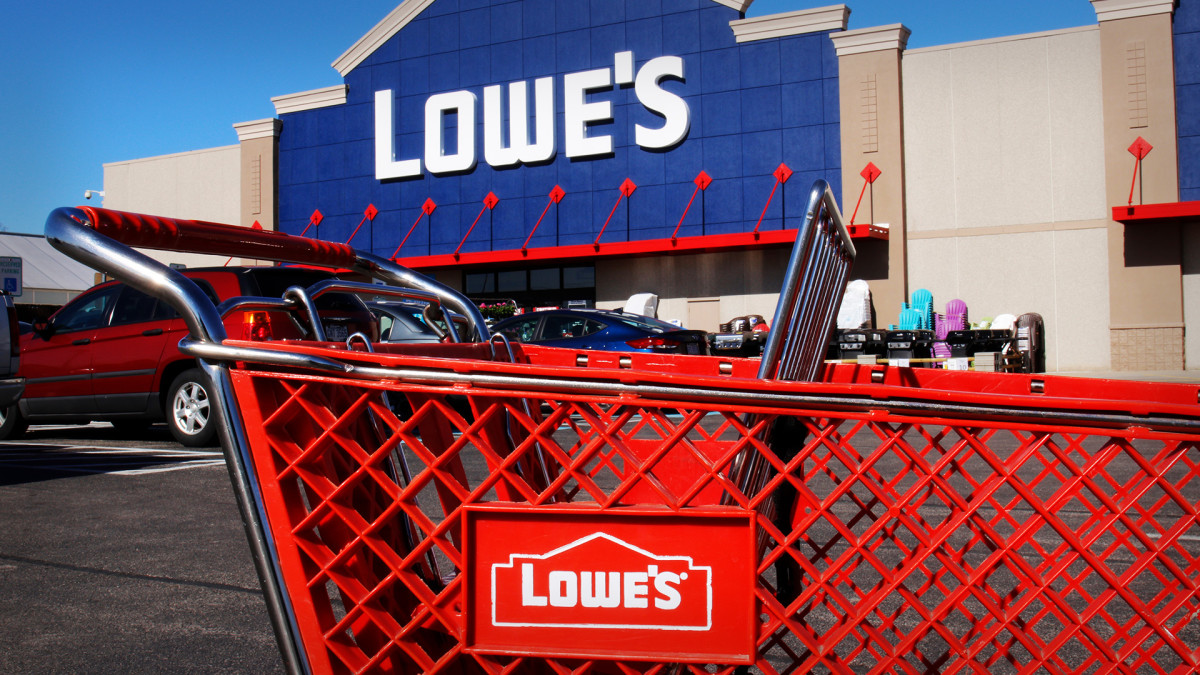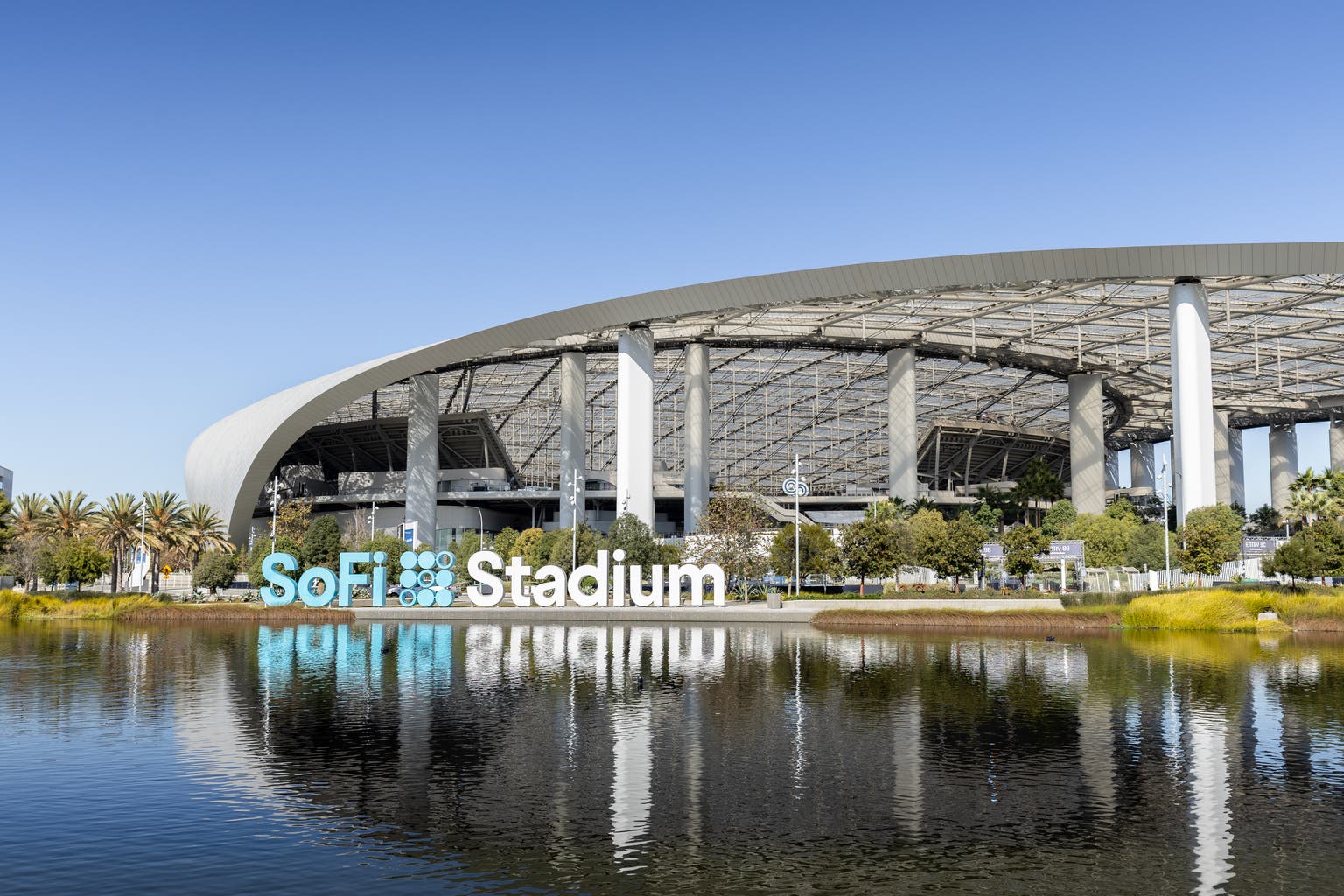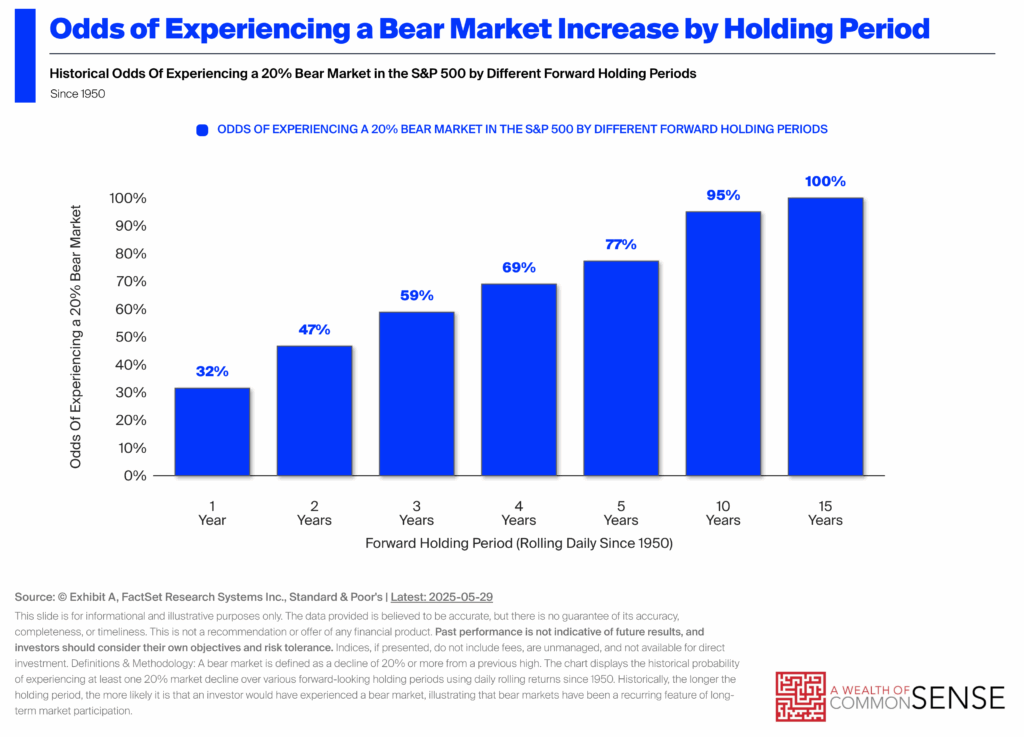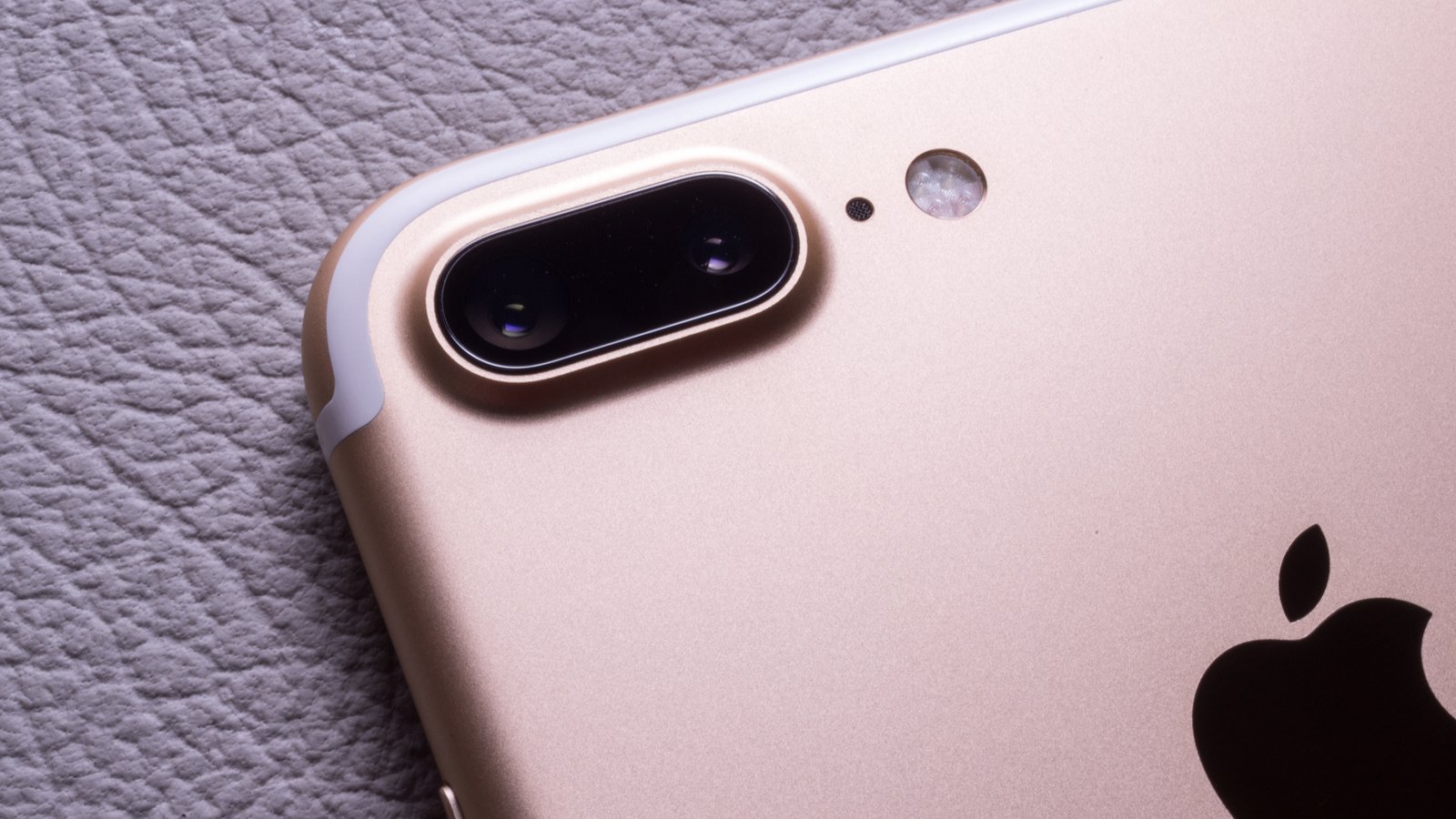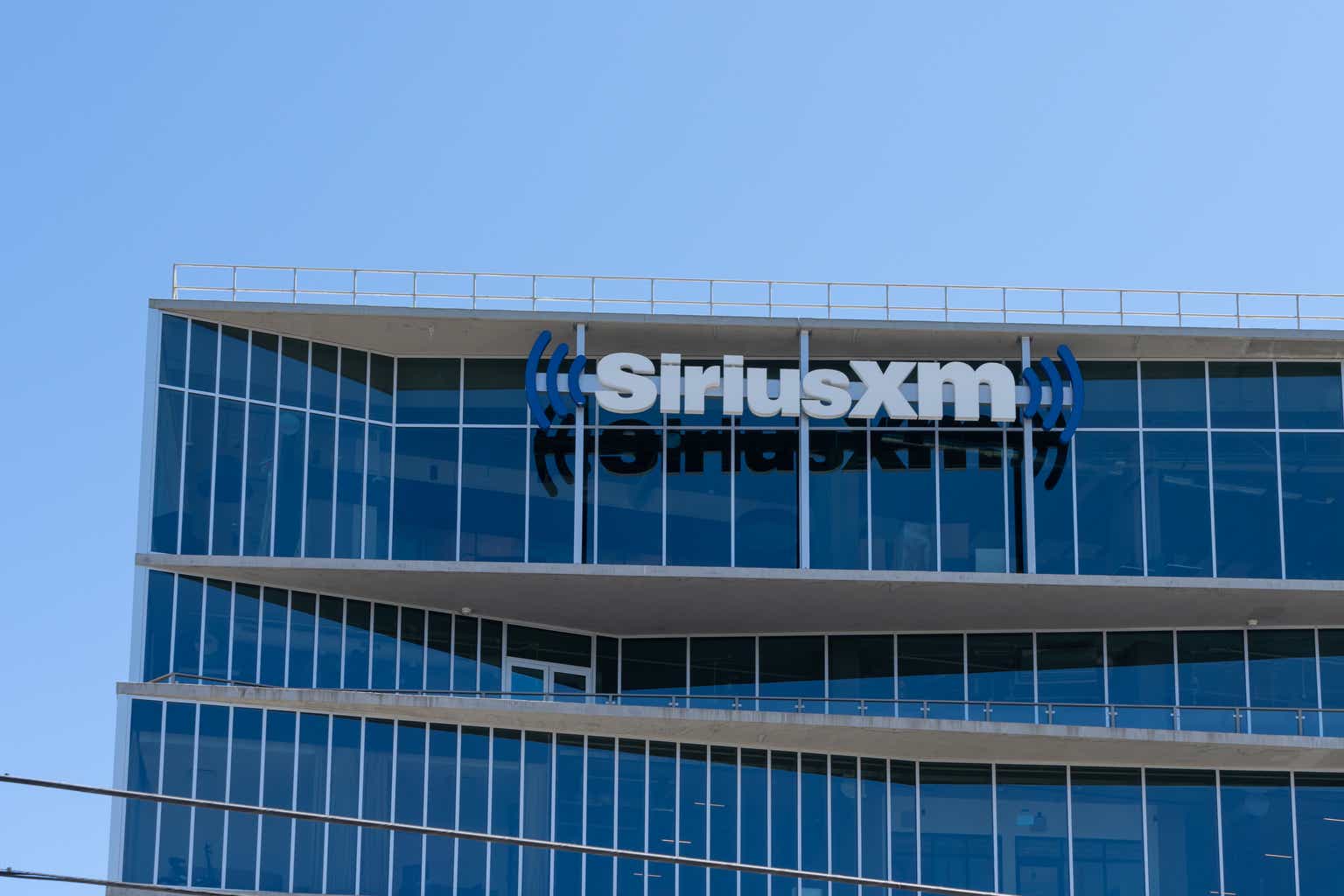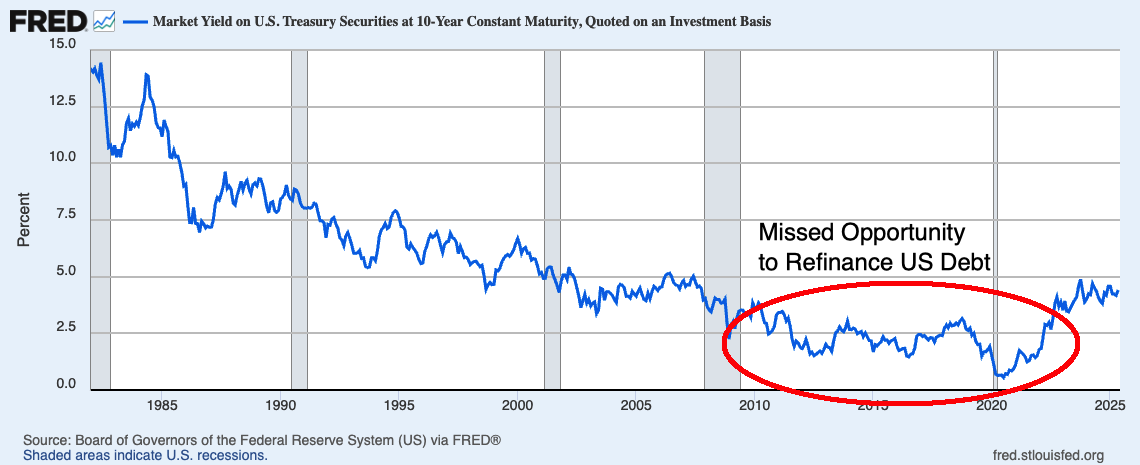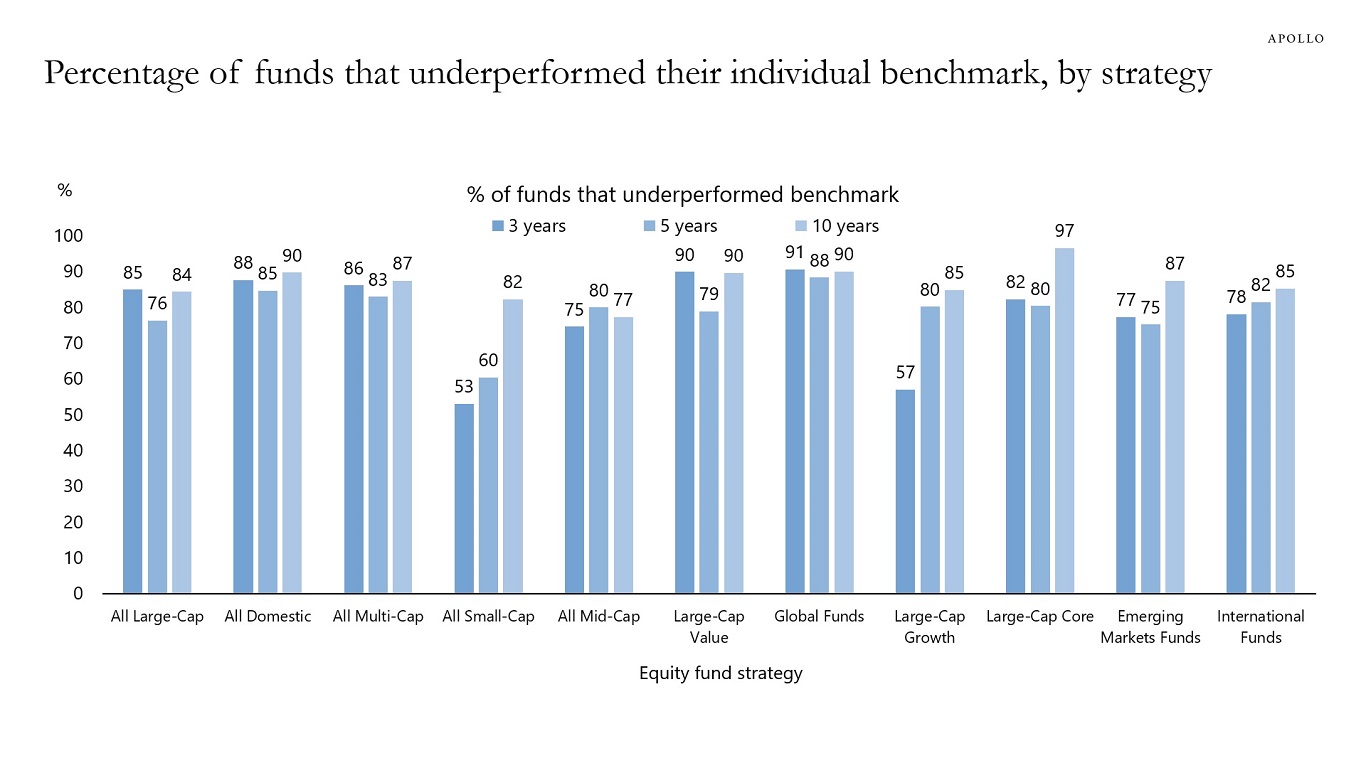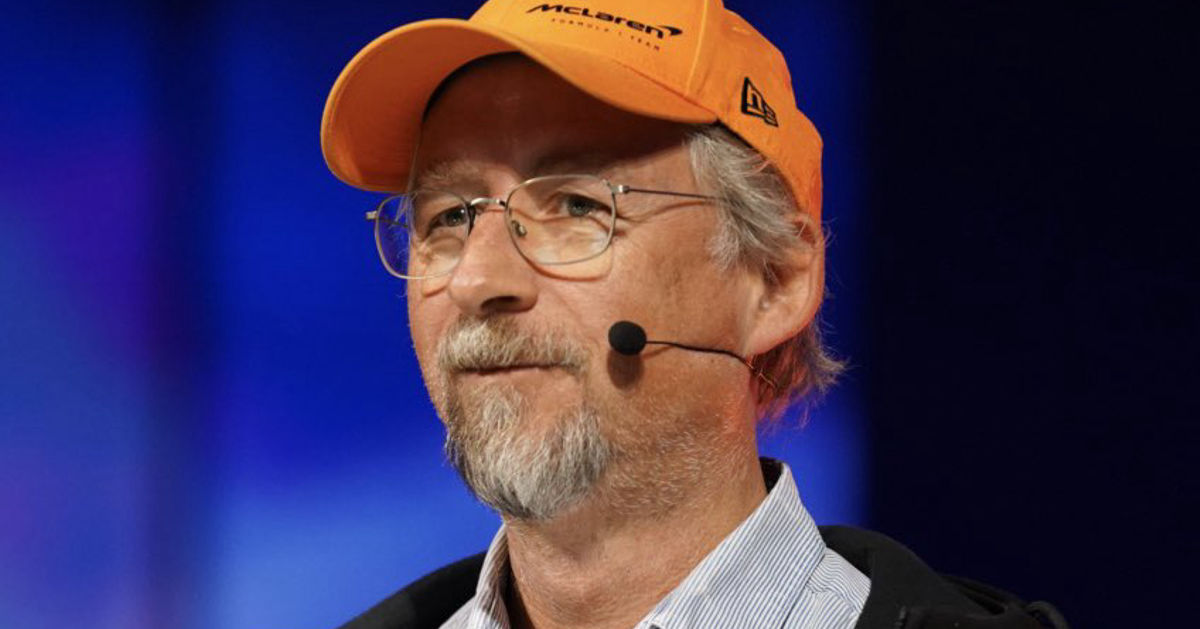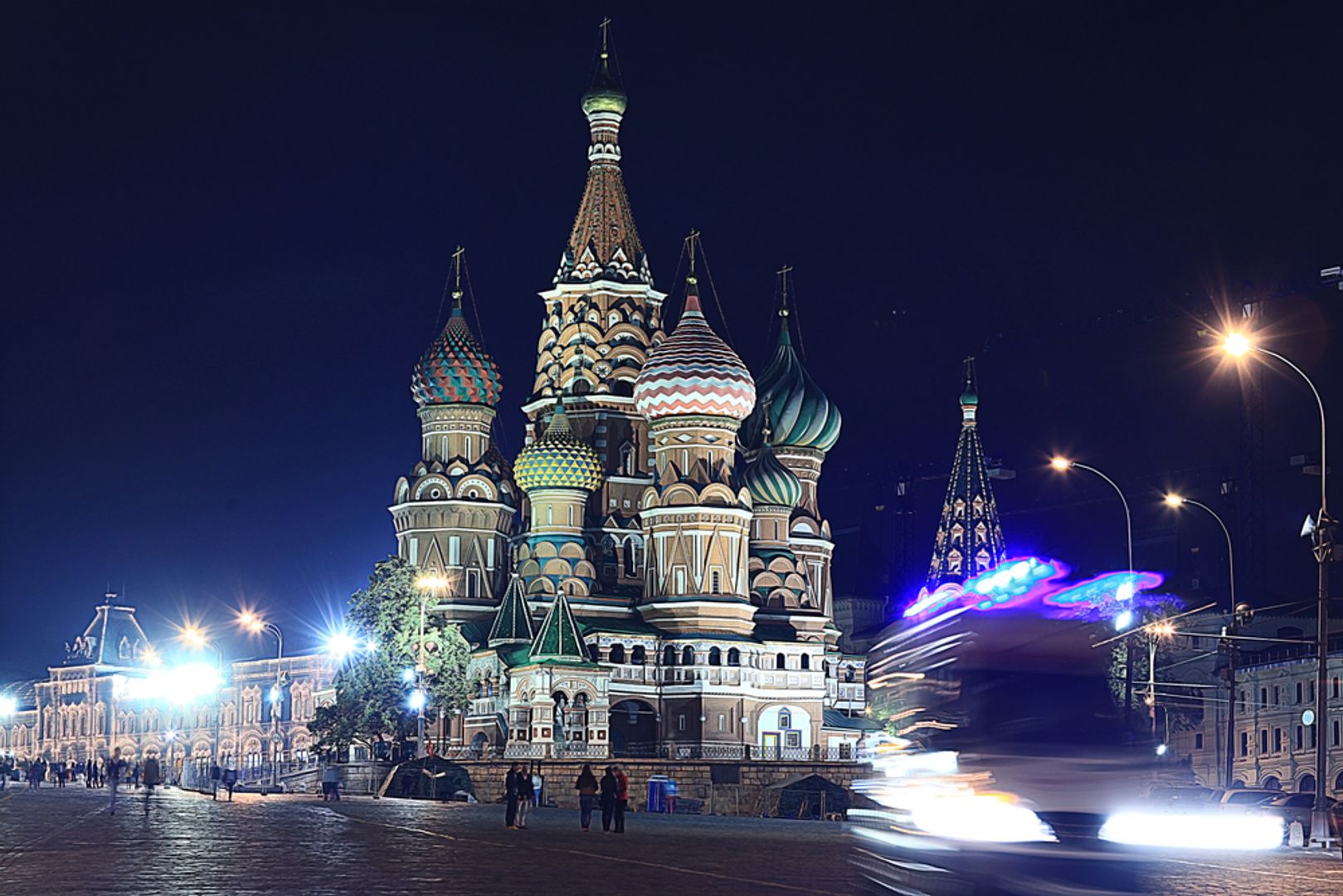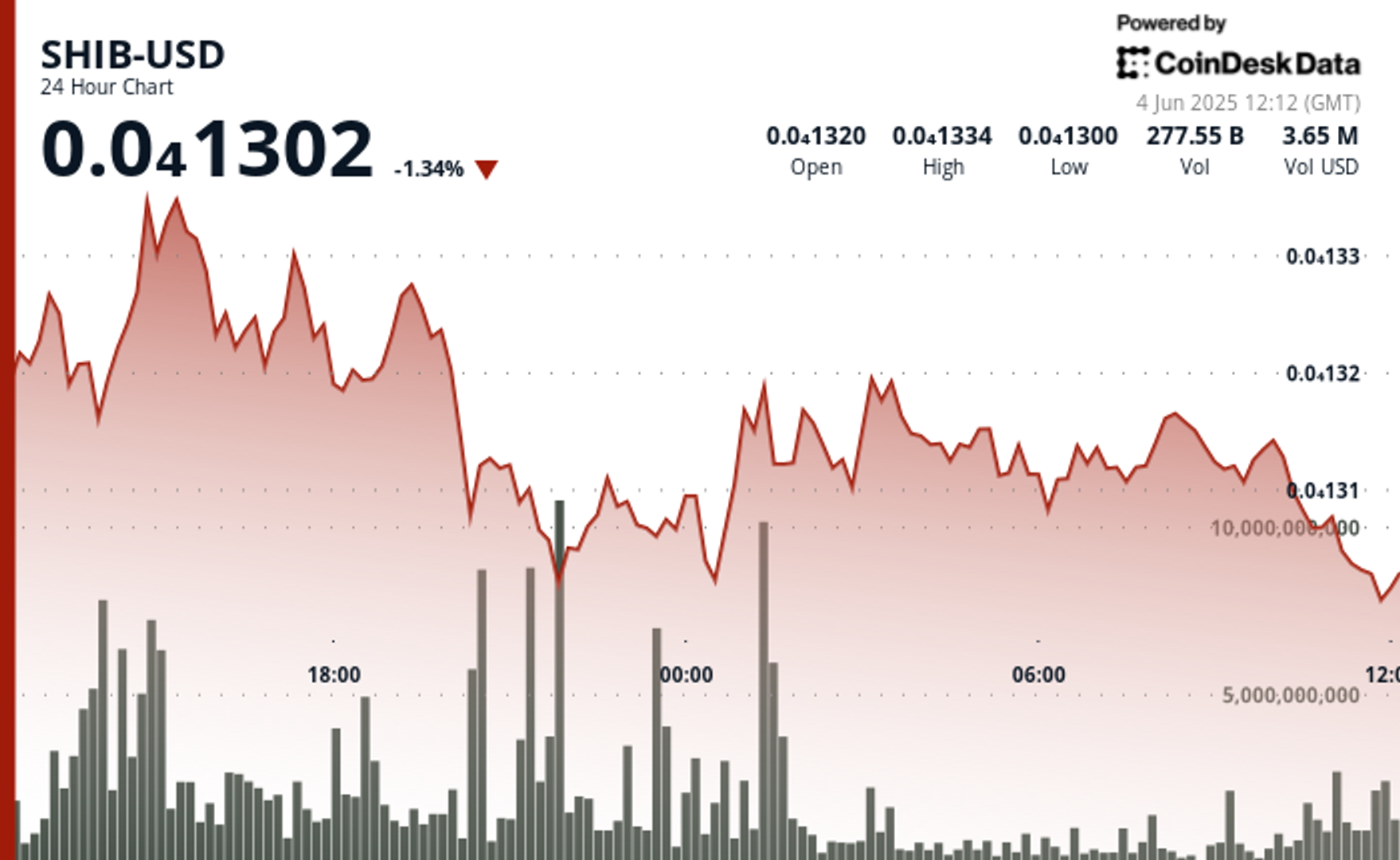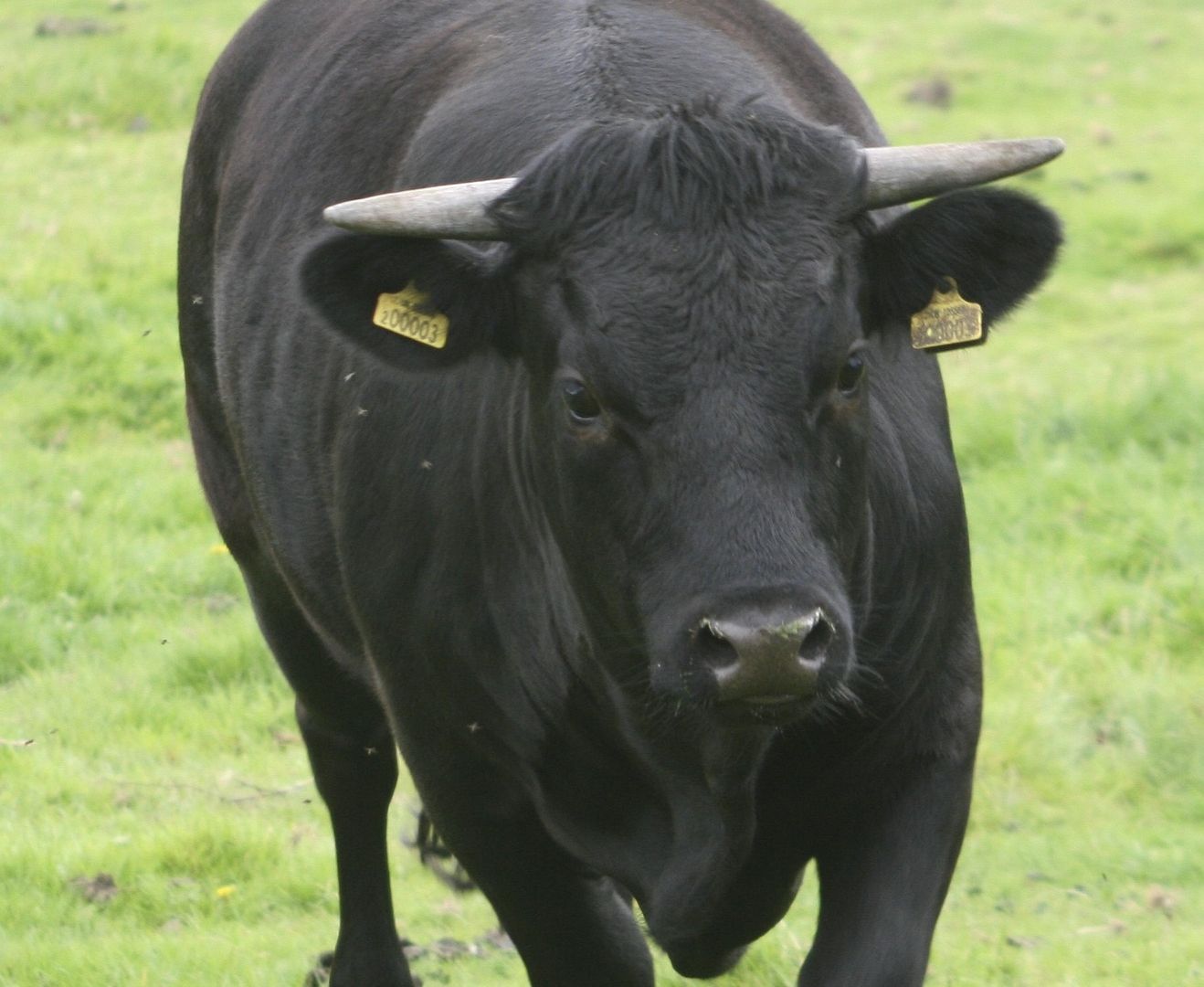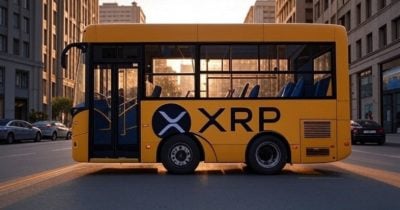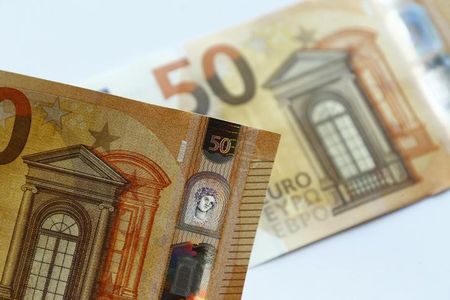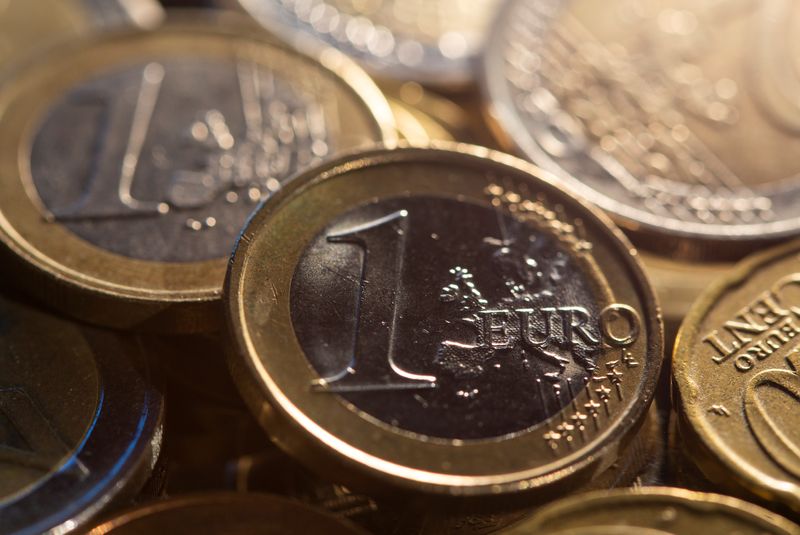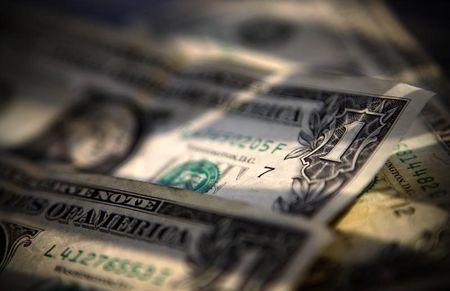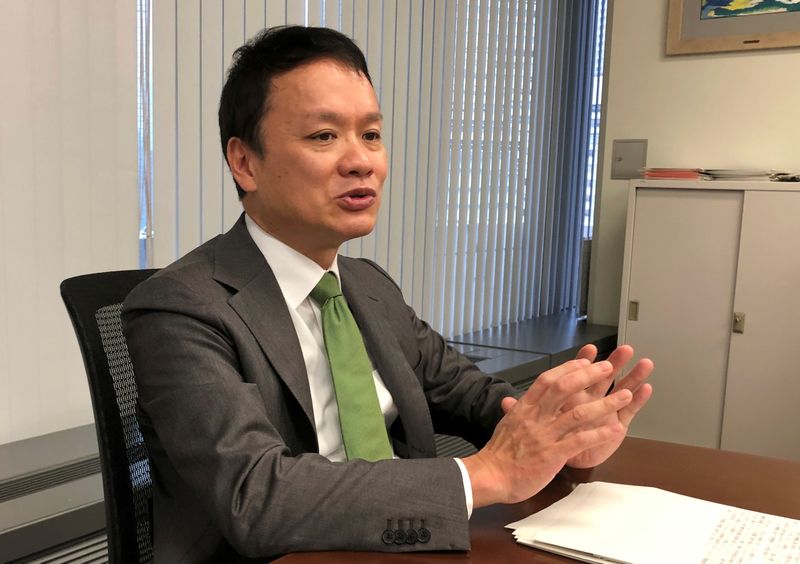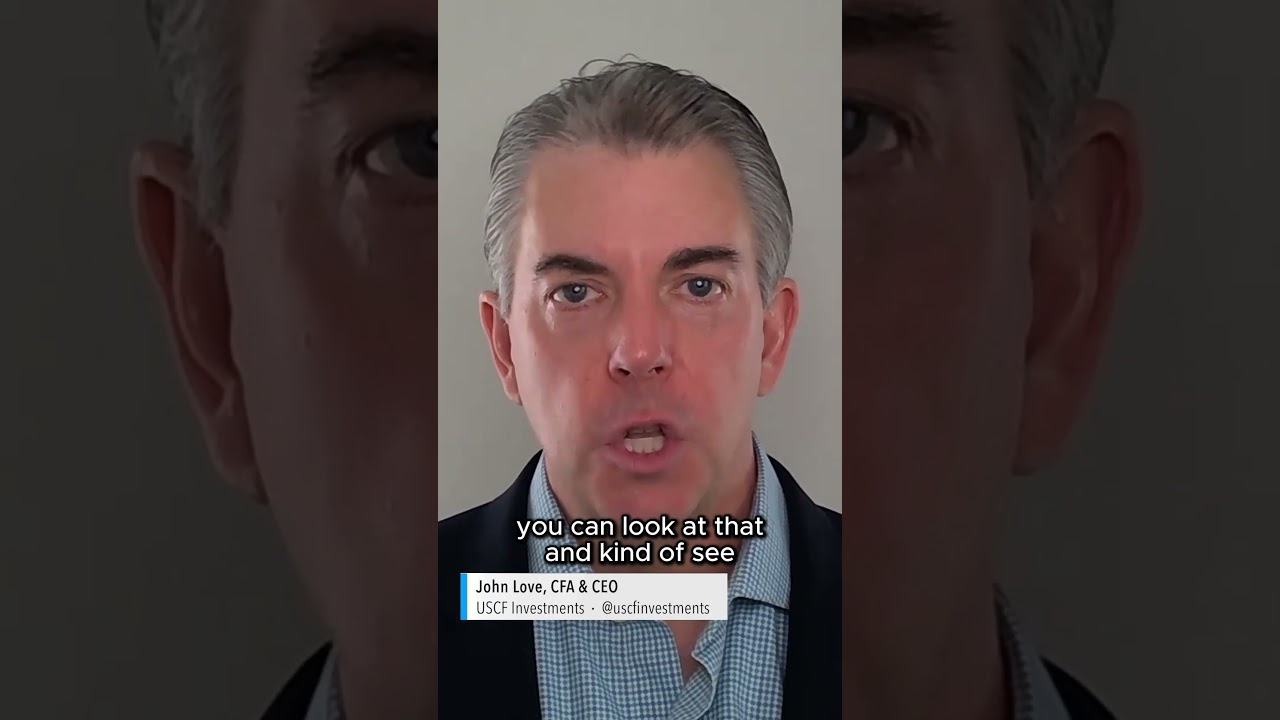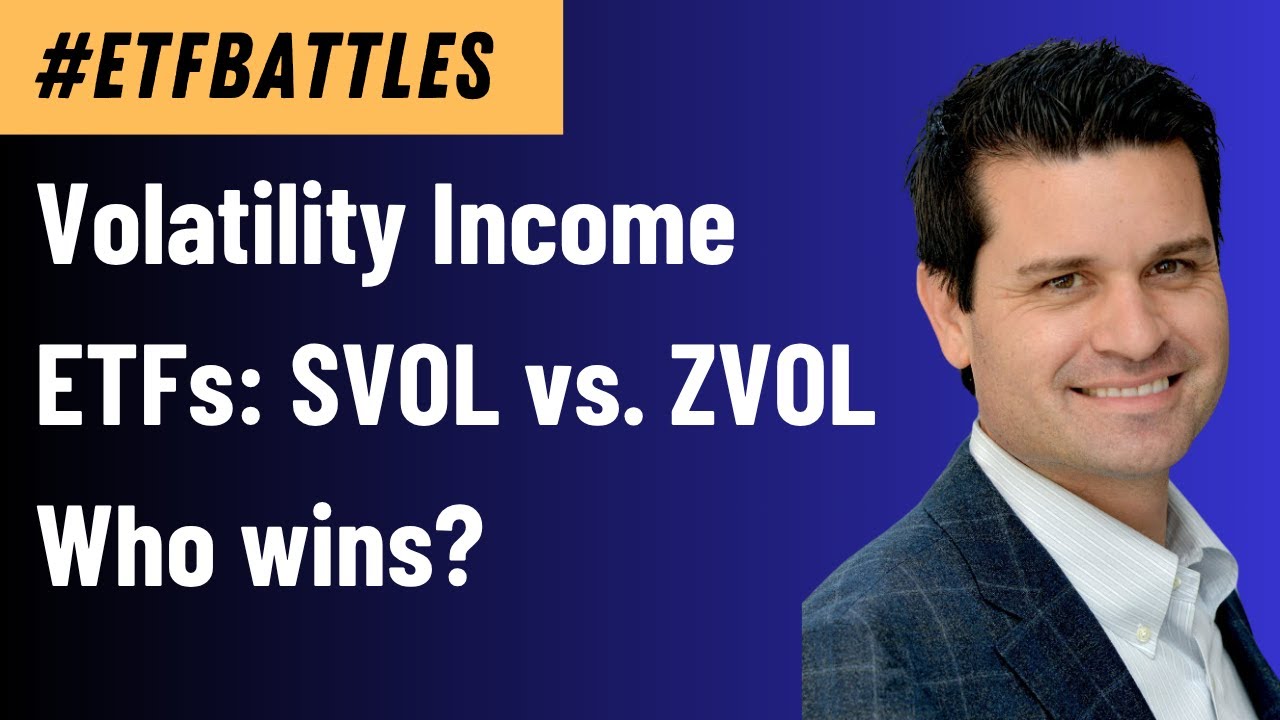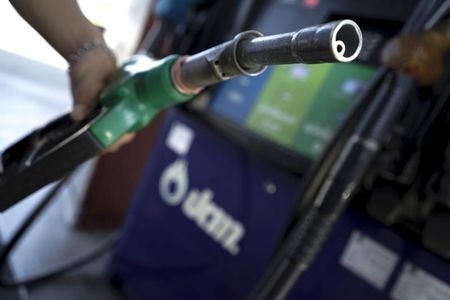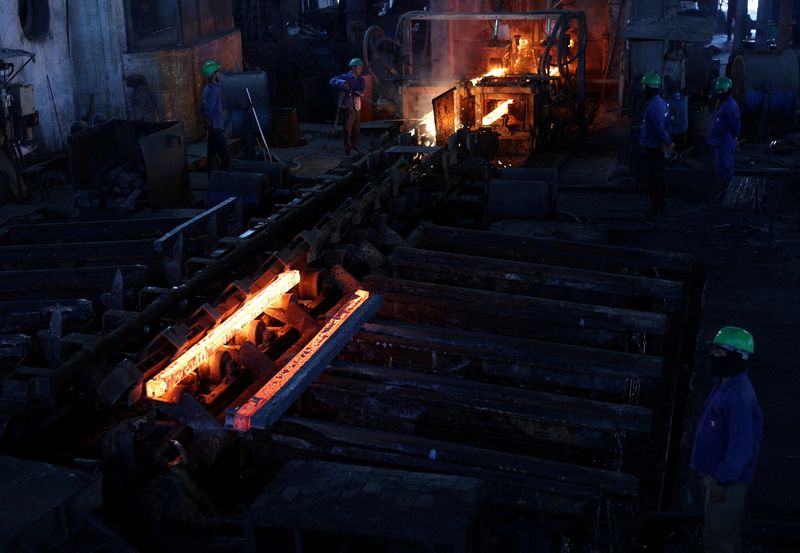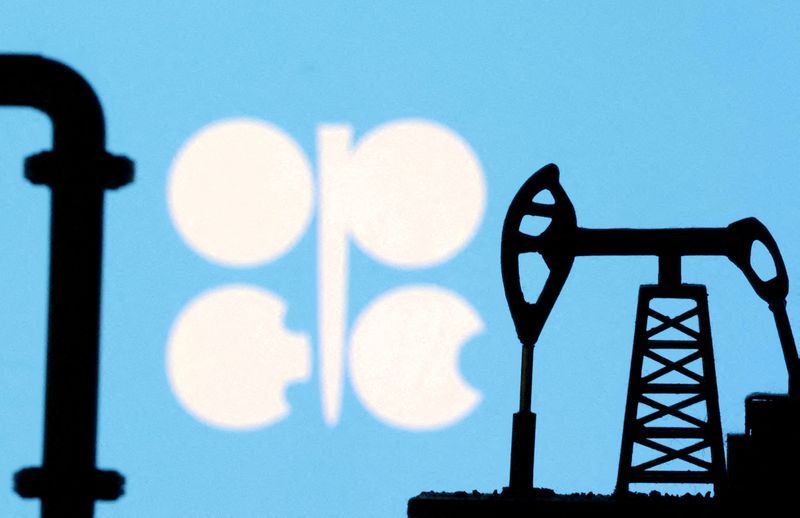A 21-year-old borrowed money from his grandmother to open a food stall in 1997. Now, it’s now the world’s largest fast-food chain—even bigger than McDonald’s
Zhang Hongchao opened the first Mixue Ice Cream & Tea street stall while attending university.

- It may surprise you to learn that the world’s largest fast-food chain isn’t an American staple like McDonald’s or Starbucks. It’s actually Mixue, an ice cream and boba shop founded in 1997 that has exploded in popularity in China and throughout Asia. Zhang Hongchao was a university student when he created the first Mixue stall; now he’s a billionaire.
McDonald’s was founded 85 years ago in San Bernardino, Calif. It’s the world’s second-largest private employer—behind only Walmart, No. 1 on the Fortune 500 again this year—and has over 40,000 locations worldwide.
Yet, McDonald’s still falls behind one company in terms of footprint: Mixue Ice Cream & Tea.
Mixue, as of March, is currently the world’s largest fast-food chain by store locations, with over 46,000 sites across Asia, Australia, the Middle East, and South America. Roughly 40,000 of its total locations exist in mainland China, meaning the company has even more room to run globally. And the company’s performed well since its March debut on Hong Kong’s stock exchange, soaring from its opening price of $290 HKD per share to $584.50 HKD as of Monday morning.
Zhang Hongchao probably didn’t expect to be the founder of such a behemoth when he opened his first street-food stall 28 years ago.
Humble beginnings
Zhang was attending the Henan University of Economics and Law when he had the idea to open a food stall, mainly to sell beverages like cold drinks and shaved ice. He asked his grandmother to borrow 3,000 yuan—around $362 back then, or $417 today—to open up a small stall on the streets of Zhengzhou, the capital of China’s Henan province and a major international transport hub.
The stall was successful, even early on. According to a lengthy profile about Mixue in China’s state-run outlet Sina News, Zhang was able to sell products worth up to 1.5 yuan for more than 100 yuan; in other words, he could make a drink that cost around 21 cents and sell it for more than $14.
Unfortunately, Zhang’s inexperience, and the rapid modernization of Zhengzhou, would become obstacles. The villages of Zhengzhou were constantly subject to demolition efforts as the area grew more urban, which resulted in Zhang’s store getting demolished three times in a single year, according to Sina News. And he learned the hard way how difficult it is to sell cold treats during the winter season, which forced him to sell mandarin oranges for extra cash.
Getting the formula right
Despite the setbacks, Zhang kept at it. He bought more machines, added more sugary drinks to his menu, and notably introduced a soft-serve ice cream cone for just 1 yuan, or roughly 14 cents, which solidified the brand among budget-conscious consumers.
The company also got stronger operational chops when Zhang brought in his younger brother, Hongfu, to help run the company in 2007. Since so many of Mixue’s franchisees were run by friends or family, few enforced Zhang’s rules or regulations; that changed when Hongfu, who now acts as the company’s CEO, took the reins. (Elder brother Hongchao Zhang, the founder, serves as chairman.) One of the most important things Hongfu did was introduce store managers, which ultimately helped the two brothers avoid disputes with family members who operated some of their franchises.
As Mixue added hundreds of stores over the years, the company grappled with quality and consistency issues, as well as supply-chain woes when fruits or milk powder ran in short supply. But sales rebounded as Zhang pushed for new products like boba tea, and supply issues were ameliorated when Zhang decided to establish a storage base in 2014 that would collect raw materials from farmers, and produce its own materials like powders and snacks, essentially consolidating a large portion of its supply chain.
In 2022, Mixue reported having warehouse and logistics bases in 22 different provinces, and the company has stepped up quality-control efforts to avoid store closures. Mixue controls site selection, store decoration, personnel training, raw material supply, and food safety to ensure the success of its franchisees.
Current success
In 2024, Mixue reported 4.4 billion yuan ($615 million) in profit, up 22% over the year before, on 24.8 billion yuan (about $3.43 billion) in revenue, which was a near-40% jump year over year. Its earnings per share, 12.3 yuan ($1.71), was also up 41% from 2023. The company’s vertically integrated supply chain and proprietary logistics network have helped keep costs low at just 30% of its sales revenue, compared to the industry average of 45%–55%, according to a recent study published in the Journal of Fintech and Business Analysis.
Crucially, the company continues to expand. It added 4,192 new franchisees in 2024 and opened over 10,000 new stores, with a closure rate of just 3.5%.
While over 99% of its 45,000-plus stores are franchised, franchise fees only make up a small percentage of its revenue. According to the company, the bulk of its income comes from selling merchandise and equipment to franchises, which are required to buy these items directly from Mixue.
Earlier this year, Mixue celebrated a successful initial public offering, the biggest IPO of the Hong Kong Stock Exchange so far this year, raising $3.45 billion HKD, or $444 million.
As for the Zhang brothers, Hongchao and Hongfu maintain relatively low profiles, but reportedly have a combined net worth of $8.1 billion.
This story was originally featured on Fortune.com




